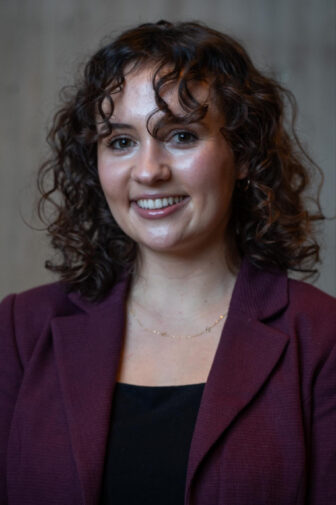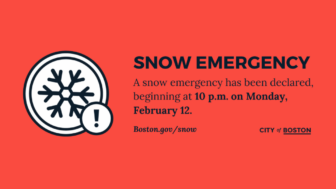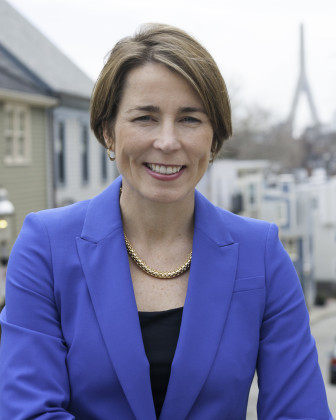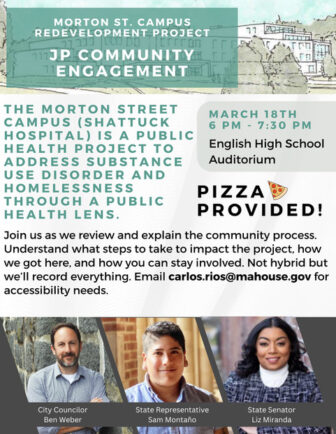Last updated on June 5, 2019
Two Boston City Councilors have proposed that the city provide free menstrual products in Boston Public Schools, Boston Public Libraries, BCYF Community Centers, and in city buildings.
An estimated 100 million high school students missed school because of a lack of menstrual products, according to an UNESCO report. In Boston, 78 percent of students come from low-income households and an estimated 16.5 percent of Boston’s population lives in poverty.
But councilors District 1 City Councilor Lydia Edwards and Jamaica Plain’s City Councilor Matt O’Malley are looking to make sure more people have access to menstrual products. Having access to menstrual products will help people not miss school, not miss work, and avoid any other health, social or professional challenges that result from a lack of availability.
Edwards tweeted they want “…to destroy ANY barriers persons with menstrual cycles deal w/ in silence, shame, and stigma. I’m thinking of students at @BostonSchools, those who frequent BCYF centers, from low-income families or could be homeless who can’t live their lives to the fullest b/c they don’t have access to hygiene products. I look forward to the conversation with city officials and advocates in an upcoming hearing. Menstrual hygiene is a basic human right. Period.”
Locally, Brookline’s Select Board voted in May to install machines with free menstrual products in all public restrooms by the summer of 2021. Cambridge started offering them in 2016, and states including California, New York and Illinois have state laws requiring menstrual products in public bathrooms.
Massachusetts is actually one of only nine states in the country that doesn’t tax menstrual products, according to the councilors’ hearing order.
O’Malley championed the Massachusetts Chapter of the National Organization for Women (Mass NOW) for their work on the I AM. Bill, which increase access to menstrual products in prisons, homeless shelters and public schools for students in sixth through 12th grade in the state.
Approximately, BPS has 75 schools that would benefit from the city providing free menstrual products.







